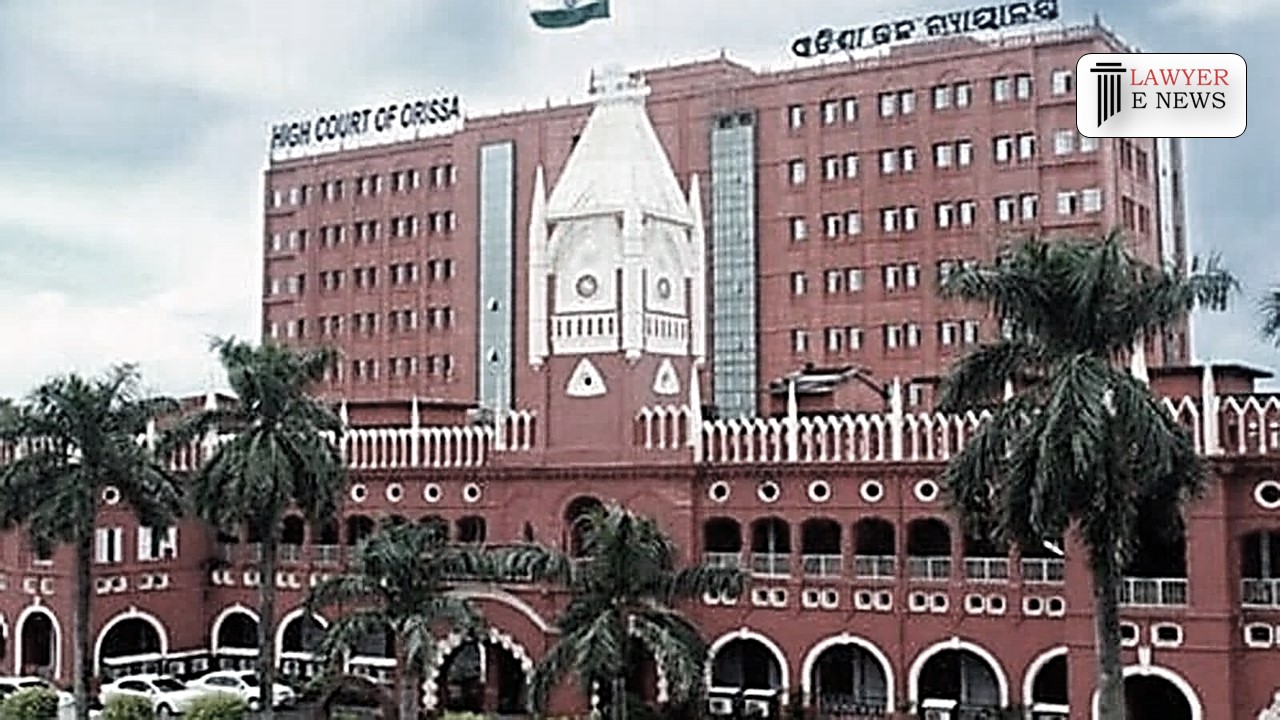-
by sayum
14 February 2026 2:22 PM



High Court of Orissa emphasizes necessity of clear evidence and direct acts in abetment cases under Section 306 IPC.
The High Court of Orissa has quashed proceedings against Dr. Priyank Tapuria under Section 306 of the Indian Penal Code (IPC) related to abetment of suicide. The Court, in its detailed judgment, highlighted the absence of direct instigation and clear mens rea necessary to sustain the charges. The judgment, delivered by Justice Sibo Sankar Mishra, underscores the importance of concrete evidence of intent and direct acts in cases of abetment to suicide.
The case centered on allegations that Dr. Priyank Tapuria’s reluctance to marry the deceased, Sheetal Chandak, following their engagement, and harsh communication led to her mental distress and subsequent suicide. The families of both parties had been arranging the marriage since 2019, with multiple postponements and complications, including a prior broken engagement of the deceased. Ultimately, the deceased committed suicide in November 2021, shortly after a heated late-night conversation with the petitioner.
Justice Mishra emphasized the necessity of clear evidence to establish the essential ingredients of abetment to suicide under Section 306 IPC. He noted, “Without a positive act on the part of the accused to instigate or aid in committing suicide, conviction cannot be sustained.” The Court found that the statements and charge-sheet lacked sufficient evidence of direct instigation by the petitioner.
The Court reiterated the principles set by the Supreme Court in similar cases, emphasizing the need for clear mens rea and direct acts of instigation. “There must be a clear mens rea to commit the offence. It also requires an active act or direct act which led the deceased to commit suicide seeing no other option,” the judgment stated. The Court found no such evidence in the present case, deeming the petitioner’s reluctance to marry insufficient to constitute criminal liability.
The Court evaluated the admissibility of the deceased’s statements to her mother before her death under Section 6 of the Indian Evidence Act. However, it found discrepancies in these statements and a lack of precise details about the conversation between the petitioner and the deceased, weakening the prosecution’s case.
Justice Mishra extensively discussed the legal standards for abetment of suicide, citing key precedents such as M. Mohan vs. State (2011) and Prabhu vs. State Rep. by Inspector of Police (2022). He concluded that mere reluctance to marry or harsh words in a heated argument do not meet the threshold for abetment to suicide. The judgment stressed the need for direct or active involvement in instigating the suicide.
Justice Mishra remarked, “Reluctance to give irrevocable commitment for a lifetime and to take responsibility cannot culminate into mens rea to commit a criminal offence.”
The High Court’s decision to quash the charges against Dr. Priyank Tapuria highlights the judiciary’s stringent requirements for evidence in abetment to suicide cases. By affirming the need for clear mens rea and direct acts of instigation, the judgment sets a significant precedent for future cases, ensuring that charges of such serious nature are substantiated by concrete evidence.
Date of Decision: June 20, 2024
